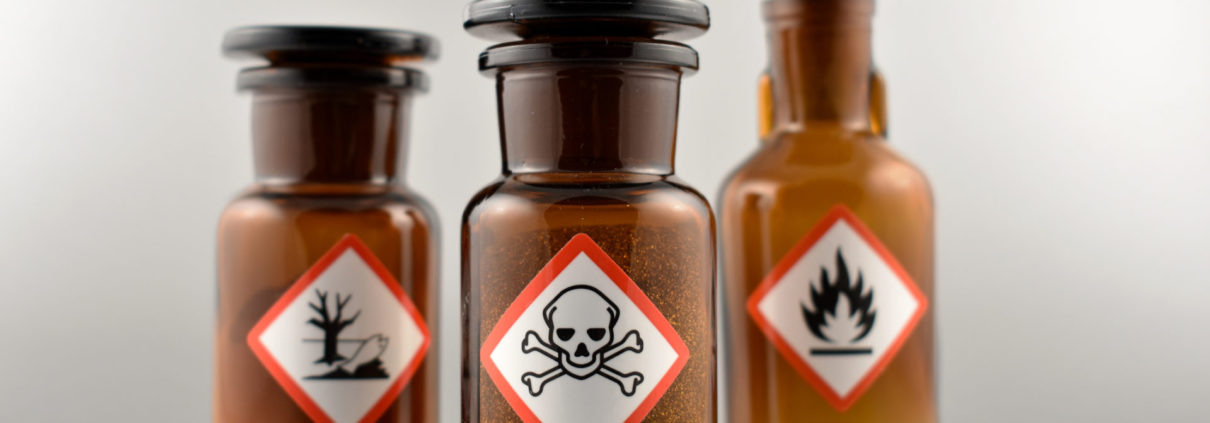Potential HIPAA Violations Lead to $1.3 Million Settlement
According to a September 11, 2023 news release from the U.S. Department of Health and Human Services (HHS), “L.A. Care, the largest publicly operated health plan in the country paid $1,300,000 to settle” potential HIPAA Security Rule violations. The settlement comes at the end of two Office for Civil Rights (OCR) investigations into L.A. Care Health Plan (“LACHP”). One of the investigations was due to a large data breach resulting from a mailing error which caused member identification cards to be mailed to the wrong members. The other investigation stemmed from a processing error which allowed L.A. Care covered members to log into the LACHP payment portal where they could potentially view the name, address, and member identification number of another LACHP member.
In addition to the $1.3 million dollar settlement, LACHP has agreed to a comprehensive corrective action plan and three years of monitoring from OCR. They must develop and distribute HIPAA compliance policies and procedures for performing a risk analysis and risk management plan. Additionally, they must implement and adhere to their new policies and procedures.
As quoted in the HHS release, OCR Director Melanie Fontes Rainer aptly stated, “Breaches of protected health information by a HIPAA-regulated entity often reveal systemic, noncompliance with the HIPAA Rules.” She goes on to advise, “HIPAA-regulated entities need to be proactive in ensuring their compliance with the HIPAA Rules, and not wait for OCR to reveal long-standing HIPAA deficiencies.”
Follow the advice of our PAAS analyst team (and the advice of the OCR Director!), and proactively review your HIPAA program to ensure you are compliant with all the Rules before you potentially find yourself at the very expensive end of an OCR investigation.
Those of you with the PAAS National® Fraud, Waste and Abuse (FWA) & HIPAA Compliance Membership have a wealth of knowledge available at your fingertips in your Policy & Procedure (P&P) Manual. This manual is automatically generated after the Risk Analysis and P&P Questionnaire have been completed. Account administrators or officers can download a full copy of the P&P Manual for further review. Highly trained PAAS analysts are also here to answer HIPAA questions, discuss HIPAA concerns, guide you through the intricacies of breach notifications (if a breach occurs), and so much more.
If your pharmacy does not currently have the PAAS FWA & HIPAA Compliance Membership, we suggest scheduling a services overview to obtain additional information about this one-of-a-kind, customizable FWA & HIPAA program! PAAS National® – helping community pharmacies gain confidence and peace of mind. Be Proactive. Be Prepared. Be Protected.®












